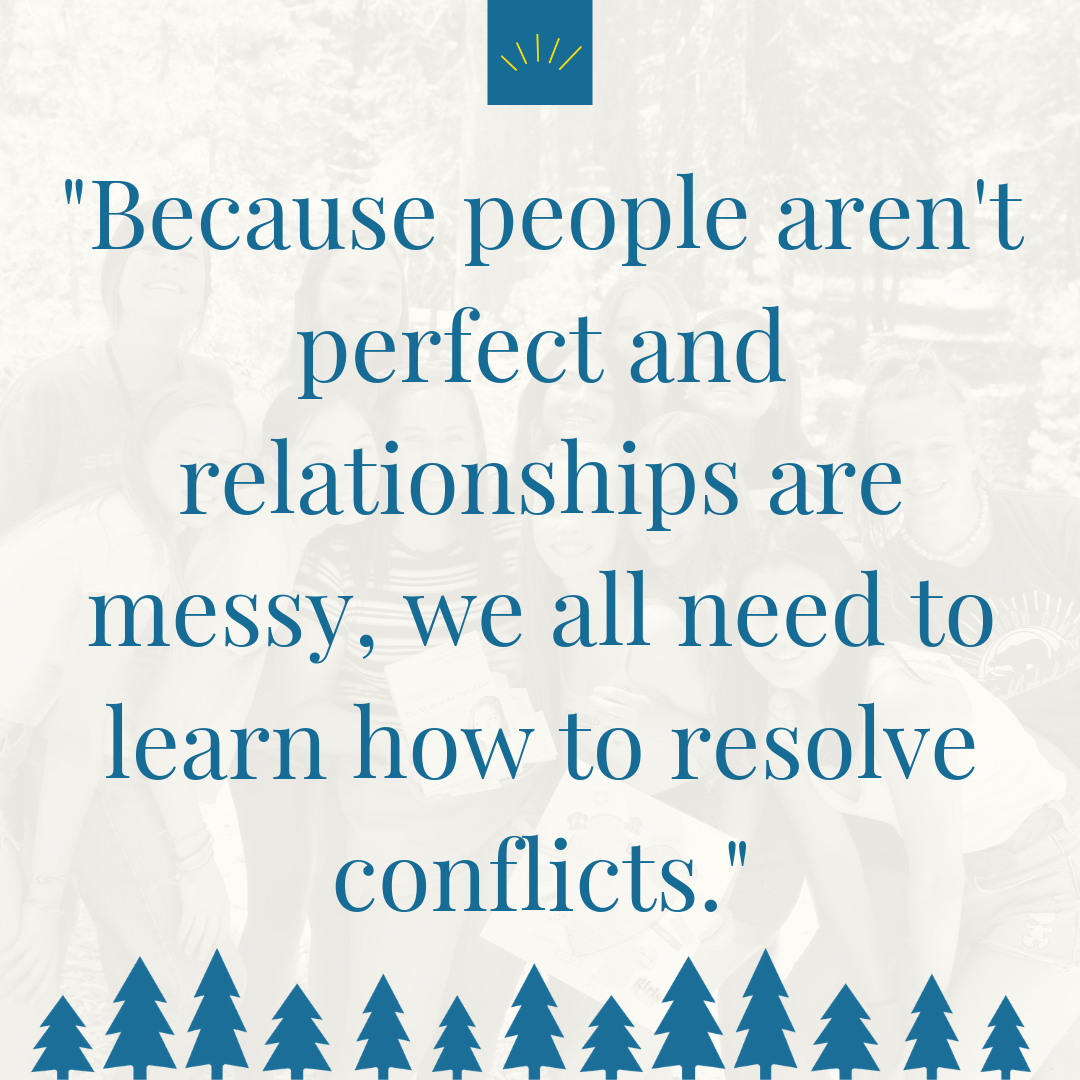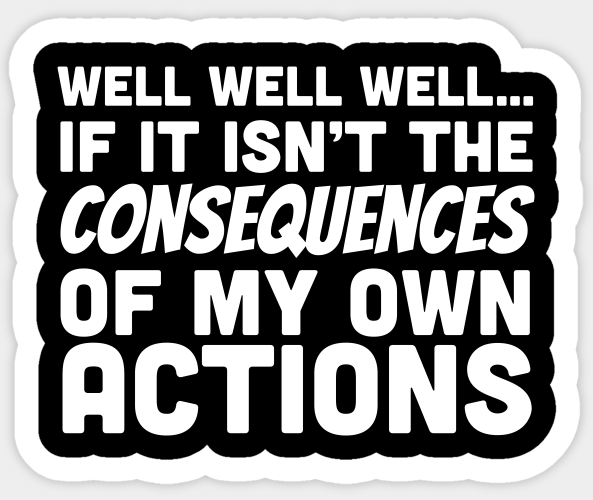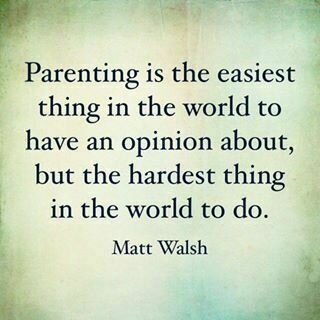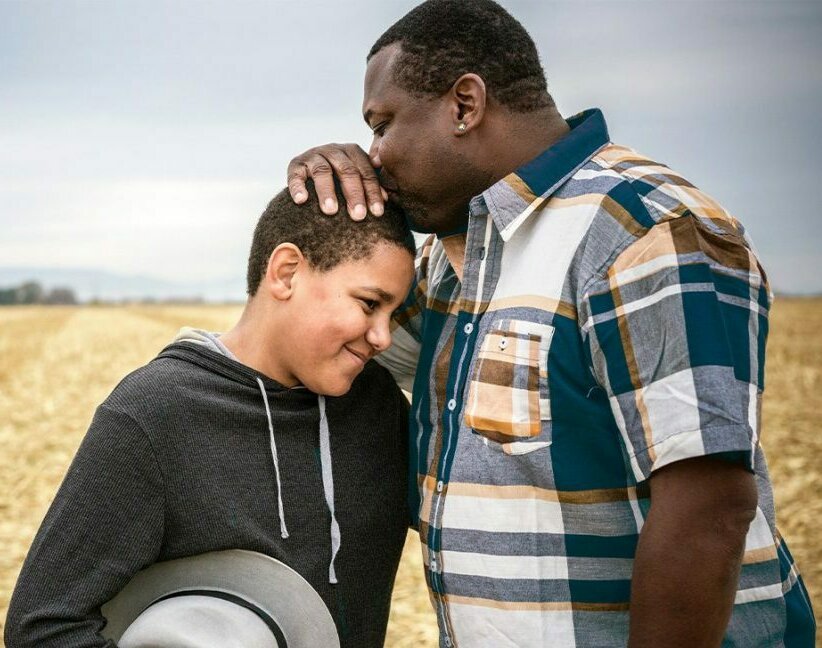|
|
|
|
|
|
|

| The COVID-19 pandemic and the public health response to this crisis requires us to spend more time together in our homes, and has limited important social connections and recreational outlets for teens and families. Many are also experiencing financial uncertainty, disruptions in mental health services, and other stressors. As these limitations drag into year 2, families may experience even greater levels of stress, anxiety, and social isolation, which, in turn, can increase conflicts between family members.
Below are a few general tips to keep in mind during the pandemic and after!
|
| |
|
|
|
Maintain Humour and Kindness: Stress makes people irritable. Enclosed spaces, boredom and a lack of routine can make it even harder to resolve conflicts.
Try to find humour, and look at the situation from the other person's perspective as you attempt to find a resolution. It is important to find small ways to be kind to each other as we negotiate new ways of living together.
|
|
|
|
|
|
Practice Conflict Resolution: Some psychologists suggest "practicing" conflict resolution with small issues, instead of waiting for them to pile up.
For example, discuss everyone needing to help keep common areas clean the first time it becomes an issue, instead of waiting and letting resentment grow.
|

|
| |
|
|
|
|
Set clear expectations: The pandemic creates unusual opportunities for conflict, particularly around shared space and possessions. Having family members agree to a plan so that expectations are clear can mitigate conflict before it arises. You may also set up a weekly "check-in" so that all members of the family have an opportunity to voice concerns without waiting for a conflict to arise.
|
| |
|
|
|
|
|
|
Be Direct: Many times parents are expected to be the "referee" between siblings when it is often more helpful to have the two individuals who are in conflict speak directly to each other. Remind them to discuss the behaviour not the person and keep it to present issues and not past concerns.
|
| |
|
|
|
|
|
|
|

| As children reach their teenage years conflict between parents and children is normal. In fact, some conflict is actually beneficial for the growth of the child. The pandemic may be a factor in increased conflict as families are home more, and social outlets are limited.
Below are some suggestions on managing conflict:
|
|
|
|
Don't lose your cool: It might be difficult for parents and guardians not to lose their cool when their teenagers are acting stubborn and escalating crises. It is important as the adult that you keep your cool and do not escalate the conflict further. You can let the moment pass and try and reason with your child later. They will be more receptive to your ideas when both of you are calm.
|
| |
|
|
|
|

|
Identify the real issue: When families argue, sometimes it is hard to point out the actual reason the fight began. It is important for you to be able to recognize the real issue behind the conflict with your child.
Sometimes, caregivers fight with their kids about insignificant things because they fear that their child’s actions will reflect badly on their parenting.
At other times, it may be that the topic has become symbolic, For example, a messy room may be a symbol for feeling generally disrespected.
|
| |
|
|
|
|
 | Set realistic consequences: When it comes to consequences for their actions, be careful not to overshoot the punishment. Remember the saying, ‘This is going to hurt me more than it hurts you’... Allowing a youth to be a part of the discussion around consequences can often create more meaningful learning and ownership for behaviour.
|
| |
|
|
|
|
Acceptance is key: Accept that there might come a time when you feel embarrassed by something your teenager does. They will say something inappropriate, act immature or not complete an assignment. They might even lie to you at times.
It will be easier to handle such a situation if you let go of the fear of embarrassment. Do not let this cloud your judgement and affect your parenting. These are the times when your child requires your attention the most.
|
| |
|
|
|
|
Allow yourself to disengage: When you have done everything in your ability to get a point across to your child, but in vain, it is okay to say that you have had enough and walk away. It is important for caregivers to find their peace as well. Try again when you feel the time is right.
|
 |
| |
|
|
|
|
|
|
|
|
Dr Neil Brown: During adolescence kids grow from being children, accountable to their parents, to being young adults, responsible for and accountable to themselves. Development on this journey can come to a screeching halt and family stress begins when parents and teens become locked in a “control battle.”
|
| |
|
|
|
|
|

| Parenting is an amazing responsibility and while there's no one right way to parent, researchers have been studying different parenting styles and the effects they have on children for decades. It's important to ensure your parenting style is supporting healthy growth and development because in the words of Franklin D. Roosevelt: “We cannot always build the future for our youth, but we can build our youth for the future.” Growing your awareness of parenting styles can help you become the best parent you can be.
|
|
|
Researchers have identified 4 types of parenting styles:
1. Authoritative
2. Neglectful
3. Authoritarian
4. Permissive
Each style takes a different approach to raising children and can be identified by a number of different characteristics.
|
|
|
|
AUTHORITATIVE PARENTS Diana Baumrind – the researcher credited with developing the parenting styles model – suggested that authoritative parents ought to rely heavily on their power to coerce their children to comply with limits. And that they should just do it warmly, where possible. The idea here is that we clearly show we are the parent, and we have firm, strict rules. We just need to stay warm and “kind” while we’re putting our kids in time out or removing privileges from them...

|
| |
|
|
|
|
|

|
As the name suggests, autonomy supportive parenting helps children and teens develop in ways that support their autonomy and independence. It is a parenting style where parents intentionally involve their kids in making decisions and performing actions, in age-appropriate and safe ways. This parenting style cultivates a middle ground where children are supported without being overly protected or limited.
|
|
|
This parenting style is NOT a soft way to parent. It requires openness, flexibility, and a strong positive relationship. It demands that adults know what they are asking of their children and why. And it means all involved have the humility to recognize we don‘t know everything.
|
|
|
 |
It works like this:
- Give youth a clear reason for requesting certain behaviours
- Recognize the feelings and perspective of the child
- Minimize the use of controlling techniques
- Offer choices and encourage initiative and problem solving
|
|
|
Problem solving, is the powerful part of the process. It is where the adult invites the youth to come up with limits and then guides them accordingly. This is how teens internalize and “buy-into” the rules – because they‘re making them up with the care givers, rather than having rules as demands.
|
 |
|
|
Studies show that when we use this type of parenting, we build our relationship and we strengthen our children‘s ability to make great decisions. Our discipline problems are reduced. By letting go of power and by developing our children‘s ability to make good decisions for themselves, we raise healthier kids, and happier families.

|
|
|
|
|
|
|
|

| Several copies of this poster have been distributed to all secondary schools for student learning.
The goal of conflict resolution is not to decide which person is right or wrong; the goal is to reach a solution that everyone can be satisfied with.
When conflict is resolved effectively, it leads to many benefits, such as accomplishing goals and strengthening relationships.
|
| |
|
|
|
|
|

| Do you enjoy the monthly Snapshots?
Do you have suggestions on how to improve the Snapshots?
Do you have ideas for future topics?
Let us know!
We would love to hear from you!

|
|
|
|
|
|
|
Boys & Girls Club - Parents Together (ages 13-19)
Ongoing parent support and education meeting. Sometimes parenting challenges can feel overwhelming. This program for parents of teens provides ongoing support. A manual and materials are provided to participants. Parents may stay in the group as long as they feel they need support and help in their daily parenting.
Boys& Girls Club - Parents in the Know (ages 13-19)
Parents of teens attend this nine-week professionally-facilitated education and support program to learn more about adolescent development, boundary setting, healthy communication, teen mental health, and other common issues. In a non-judgmental setting, this program helps parents connect with others experiencing similar issues while developing new skills and knowledge that can help decrease conflict in the home and help parents feel better equipped to parent their teen.

|
|
|
|
|
|
|
|
|